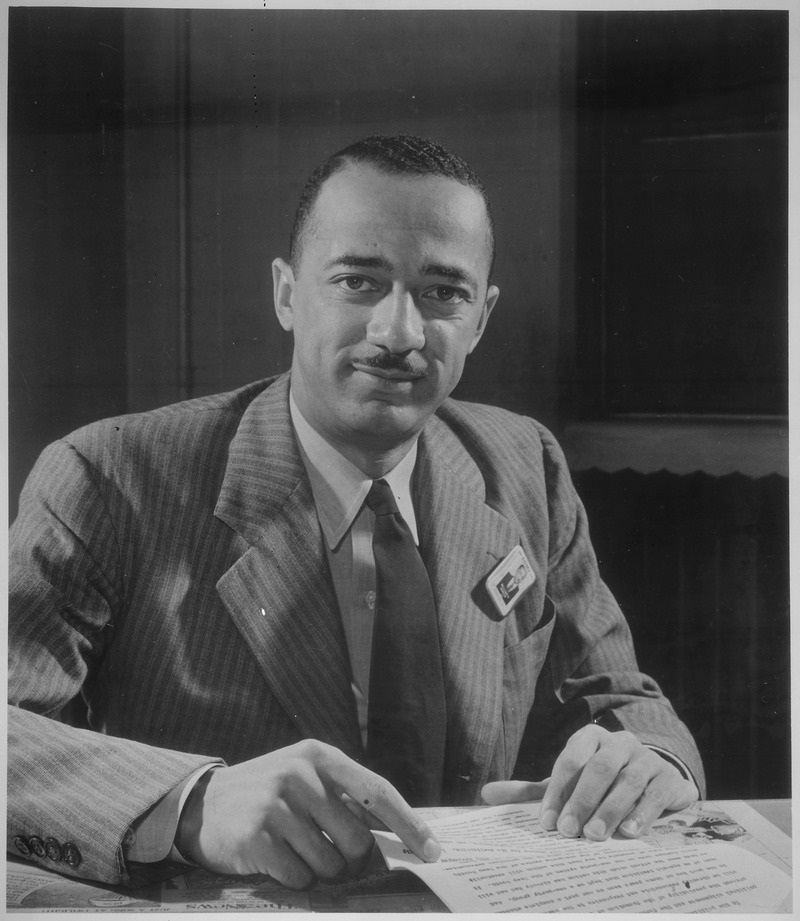William Henry Hastie, Jr.

William Henry Hastie, Jr. was the first African American to be appointed as a federal district court judge and also the first African American to be appointed as a federal appellate judge. Hastie was also the first African American Governor of the U.S. Virgin Islands.
After earning his LL.B. degree from Harvard Law School in 1930, Hastie entered private practice in Washington D.C., and became a faculty member of Howard University School of Law. In 1933, he earned his J.D. degree from Harvard Law and was appointed President Roosevelt's race relations advisor. Later, he became assistant solicitor for the United States Department of the Interior, where he wrote the constitution for the Virgin Islands. He also created the New Negro Alliance, which held protests and boycotted white businesses in order to call for the increased hiring of black workers. Hastie and members of the NAACP worked to develop legal strategies that would fight racial discrimination in housing and education, as well. In 1937, Hastie became the first African American federal judge, when President Franklin D. Roosevelt appointed him to the Federal District Court of the Virgin Islands. He resigned two years later and became Dean of the Howard University School of Law.
Hastie was known as a very outspoken proponent of racial equality. From 1940 to 1942, he was a civilian aide to the United States Secretary of War, Henry Stimson, advocating for equal treatment of African Americans in the Army. Hastie resigned in 1943, in protest of the lack of progress and continued racial discrimination within many of the Army's practices.
Throughout his legal career, Hastie successfully argued several major civil rights cases. In 1944, Hastie and Thurgood Marshall were the co-lead lawyers in the landmark Supreme Court case Smith v. Allwright. In the case, the Supreme Court held that the petitioner, a black man named Lonnie Smith, could not be precluded from voting in primary elections. Hastie and Marshall also won Morgan v. Virginia, in which Hastie argued before the U.S. Supreme Court successfully that Virginia's law enforcing segregation on interstate buses was unconstitutional.
Hastie returned to the Virgin Islands in 1946, when he was appointed the territory's first African American Governor. He was the first African American to hold the post of governor of a U.S. territory. Three years later, he became the first African American federal appellate judge when he was appointed to the United States Court of Appeals for the Third Circuit. His judicial service ended when he passed away in 1976, in Philadelphia.
Hastie is remembered as a fierce civil rights lawyer, and a fair, impartial, and well-respected jurist. He received several honors for his activism and public service, and the Third Circuit Library in Philadelphia is named in his honor. There is a wonderful interview with Judge Hastie available in the Truman Library.